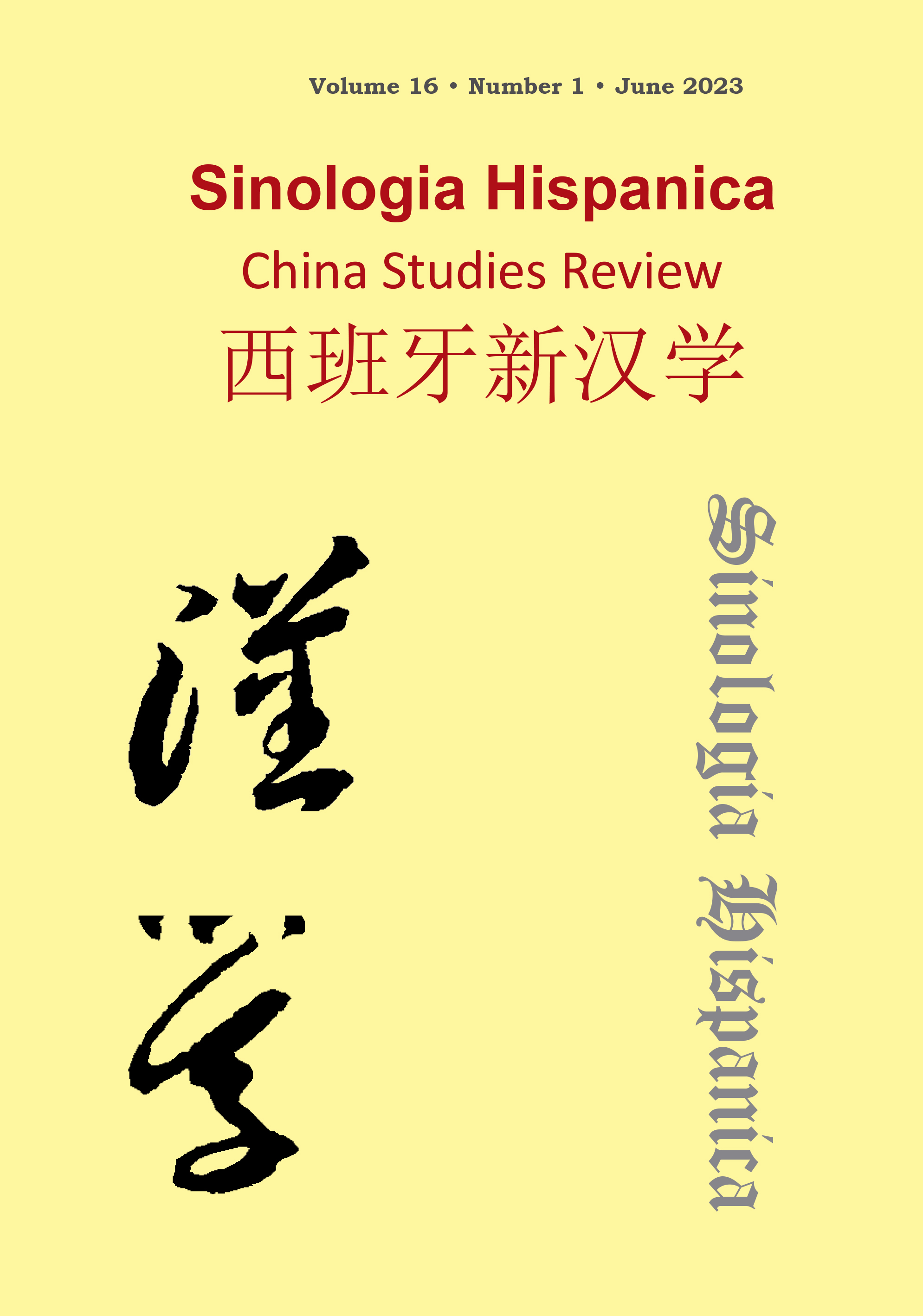Intercultural Communicative Competence in Chinese as a Foreign Language Teaching: Implementation of a Practical Program
DOI:
https://doi.org/10.18002/sin.v16i1.7674Keywords:
intercultural communicative competence; Chinese as a foreign language; action research; university education.Abstract
Abstract: : Intercultural communicative competence is the set of knowledge, attitudes and abilities needed by the participants in order to maintain a successful intercultural communicative encounter. The development of this competence is crucial in higher education, especially in translation degrees, since the future translator will need it in his/her future career. However, translation degrees curricula are more focused on the transmission of encyclopedic knowledge, which might cause problems in the long term, especially for those studying languages with distant communicative cultures, as is the case of Spanish and Chinese. A solution might be an adaptation of the Chinese language curricula, where the development of this competence would be included. To test this hypothesis, during academic years 2020/21 and 2021/22 a pilot program was tested in the Translation and Interpreting Degree of University of Granada, in the Chinese language beginner’s level. Both quantitative and qualitative data were obtained from questionnaires and classroom diaries analyses in action research oriented to understand the viability of this kind of curriculum adaptation.
Downloads
Métricas alternativas
Downloads
Published
Versions
- 2024-03-06 (3)
- 2024-02-15 (2)
How to Cite
Issue
Section
License

This work is licensed under a Creative Commons Attribution-NonCommercial-ShareAlike 4.0 International License.
Sinología Hispánica. China Studies Review considers all manuscripts on the strict condition that:
- The authors assign the exploitation rights (reproduction, distribution, public communication and transformation) of the work accepted for publication to the University of León on a non-exclusive basis. Authors can establish, on their own, additional agreements for the non-exclusive distribution of the version of the work published in the journal (for example, placing it in an institutional repository or publishing it in a book), always acknowledging the initial publication. in this magazine.
- The manuscript is your own original work and does not duplicate any other previously published work, including your own previously published work.
- The manuscript is not currently under consideration or peer review, nor accepted for publication, nor in press, nor published elsewhere.
- The manuscript contains nothing that is abusive, defamatory, libellous, obscene, fraudulent, or illegal.
- Please note that Sinologia Hispanica uses Turnitin software to screen manuscripts for unoriginal material. By submitting your manuscript to Sinologia Hispanica you are agreeing to any necessary originality checks your manuscript may have to undergo during the peer-review and production processes. Any author who fails to adhere to the above conditions will be rejected.
- Authors are allowed and encouraged to electronically disseminate the pre-printed versions (version before being evaluated) and / or post-printing (version evaluated and accepted for publication) of their works before publication, since it favors their circulation and dissemination more early and with it, a possible increase in its citation and reach among the academic community.
Sinologia Hispanica is under an international license Creative Commons Attribution-Noncommercial-Share Alike 4.0. You can read more about this license in an informative version and legal text.










